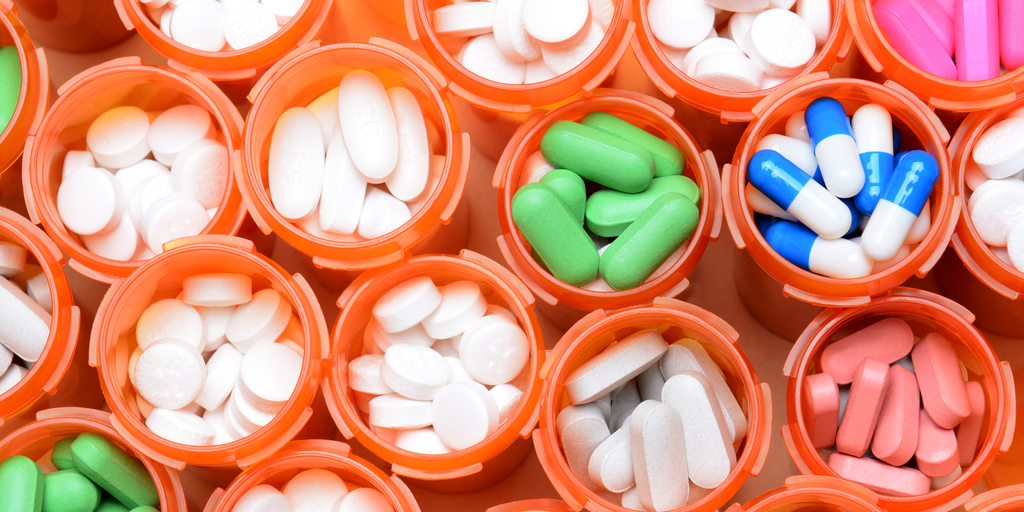Off Label-Marketing and Free Speech: Report from APhA 2017 Annual Meeting

On March 26th, I presented to pharmacy professionals, clinicians, researchers, and educators in San Francisco for the American Pharmacists Association’s (APhA) 2017 Annual Meeting & Exposition. There was a lot of buzz about the growing opioid epidemic, the proliferation of illegal online pharmacies, and off-label marketing.
My presentation, “Off-Label Marketing: Protected Free Speech?” focused on recent federal court decisions that have concluded that off-label marketing – the practice of promoting a drug for a use outside its FDA-approved labeling – is protected free speech under the First Amendment, assuming that it is both truthful and not misleading. The legalization of off-label marketing would almost certainly increase the number of off-label prescriptions, which in turn would impact the type of information that patients will want and expect from their pharmacists and physicians.
The major decisions limiting the misbranding theory of prosecution based on off-label marketing are:
- U.S. v. Caronia (2012) – A Second Circuit case involving the felony misbranding prosecution of an Orphan sales representative. The court held that FDA’s ban on truthful and non-misleading off-label commercial speech was unconstitutional and the conviction in the case was vacated.
- Amarin v. FDA (2015) – A S.D.N.Y. case in which Amarin sought injunctive relief against FDA to protect its off-label commercial speech. The court held that under Caronia, truthful and non-misleading off-label commercial speech cannot be the basis for a misbranding prosecution, and therefore it granted an injunction against FDA; the case eventually settled with terms favorable to Amarin.
- U.S. v. Vascular Solutions (2016) – The CEO of a medical device company was indicted in the W.D. of Texas (Fifth Circuit) for misdemeanor misbranding and conspiracy to misbrand. Judge Royce Lamberth (sitting by designation) instructed the jury that truthful and non-misleading off-label commercial speech is not illegal, and the jury acquitted him of all charges.
- U.S. v. Facteau and Fabian (2016) – Two former Acclarent executives were indicted for felony and misdemeanor misbranding in the District of Massachusetts. The jury was instructed that truthful and non-misleading off-label speech was not a crime, but could still be considered as evidence of the intent to introduce misbranded drugs into interstate commerce. The defendants were acquitted of the felony counts but convicted of the misdemeanors.
However, FDA is not giving up. Indeed, earlier this year, the agency responded to these decisions with a 60-page “memorandum” titled Public Health Interests and First Amendment Considerations Related to Manufacturer Communications Regarding Unapproved Uses of Approved or Cleared Medical Products. It’s essentially an advocacy piece defending FDA’s long-standing off-label enforcement regime, and it doesn’t address how the First Amendment rulings impact this regime or provide any forward-looking, practical guidance to the industry. Instead, it’s a lengthy defense of the status quo, or more accurately the status quo that existed before Caronia.
FDA makes two main arguments as to why the courts are wrong to have protected off-label marketing:
- FDA is not actually restricting off-label speech, it’s merely prohibiting the introduction of misbranded products into interstate commerce, and using the speech as evidence of the intent to misbrand. This was the government’s position, to no avail, in Caronia and Amarin.
- FDA’s off-label marketing restrictions advance a substantial government interest in protecting FDA’s drug approval process, and thus do not run afoul of the First Amendment. The premise of this argument is that permitting off-label promotion would cause drug companies to abandon the formal drug-approval process, and therefore the public would be harmed by unsafe, un-vetted products. Yet FDA offers no evidence that drug manufacturers could or would turn their backs on the drug approval process; moreover, FDA’s “parade of horribles” ignores the fact that – by FDA’s own estimate – one out of every five drugs is already being written for an off-label use.
Near term change in the legal landscape is unlikely. The bottom line is that while some courts have recognized that truthful and non-misleading off-label speech is protected under the First Amendment, the only federal court of appeals that has ruled is the Second Circuit. That means the law is still unsettled in the vast majority of jurisdictions. And the government continues to bring misbranding prosecutions against companies and their employees.
Unless and until this issue is sufficiently litigated through the courts, or FDA does a policy 180 under Scott Gottlieb, President Trump’s appointee for FDA Commissioner, it may be some time before we see any meaningful broadening of off-label promotional activity.
